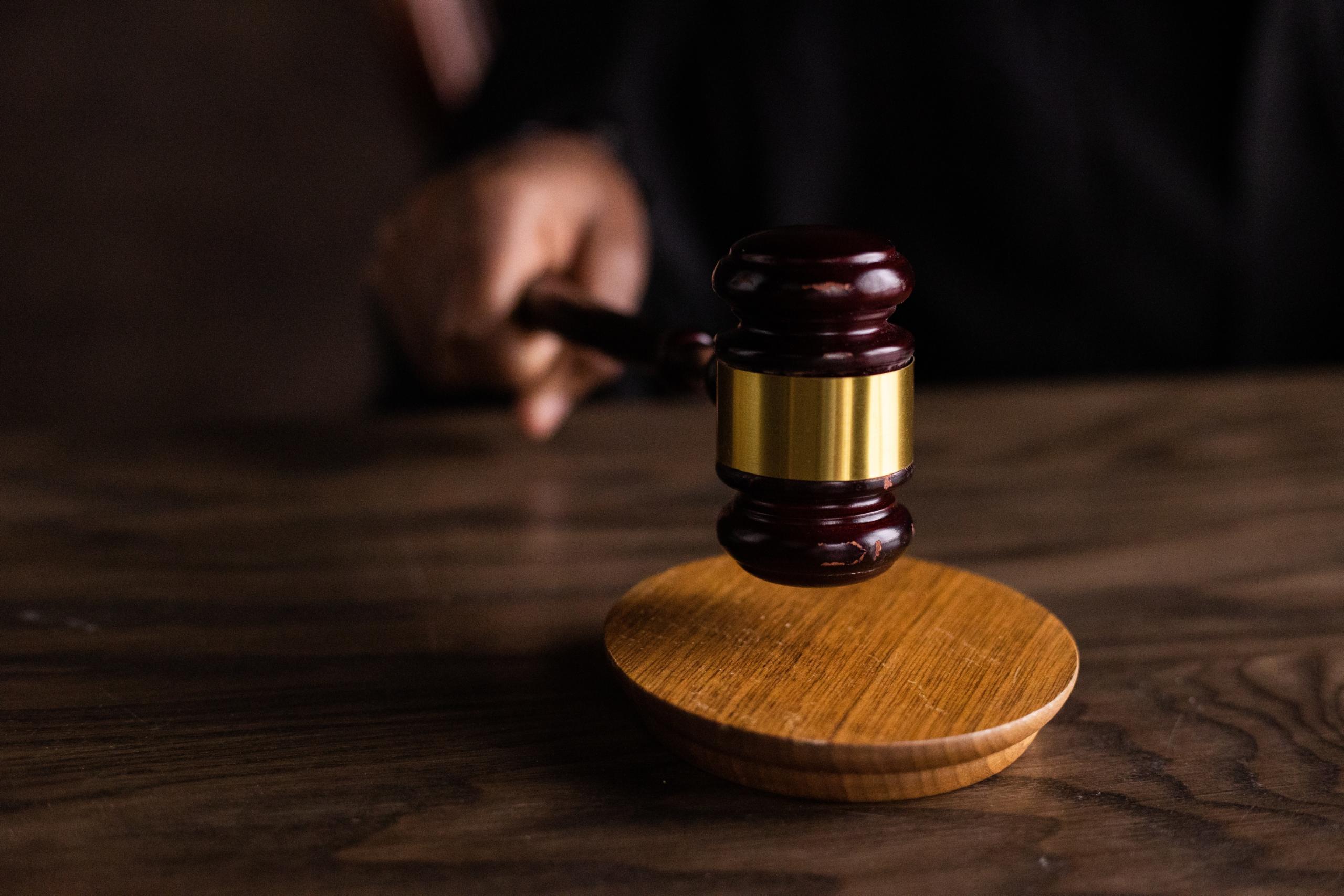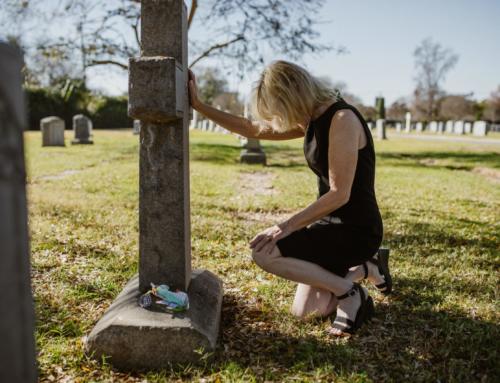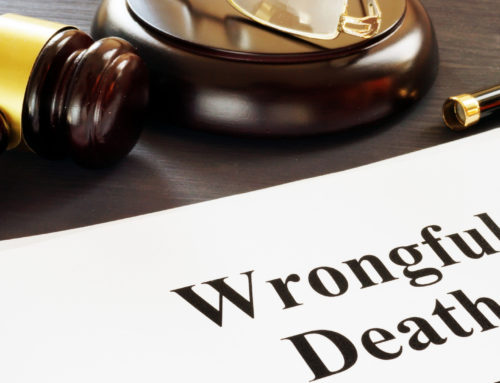When a tragedy has happened that caused an untimely death, there may be two separate legal cases that come from the events. In some cases, there may be both a criminal case against the person who caused the death as well as a civil claim for compensation. These two types of legal action may both involve a courtroom at some point, but that is about all they have in common.
Often, in a case of a wrongful death, more emphasis is placed on the civil portion of the proceedings. Criminal charges may not always be appropriate in a wrongful death case, depending on the actions of the person responsible for the death. There may be a criminal case if the cause of the death was a violation of a criminal law. If that happens, the state prosecutor will charge the defendant with criminal violations.
Meanwhile, those people who were impacted by the death may bring a civil suit. In that case, the administrator of the deceased’s estate may bring a claim for wrongful death against the defendant. It may help you to understand how criminal proceedings and civil wrongful death proceedings are related, the differences between them, and what happens if criminal charges are brought against the defendant for the wrongful death.
Experienced Minnesota Wrongful Death Representation
If you have been involved in or are considering bringing a wrongful death case, you already know how difficult and heart-wrenching these proceedings can be. Wrongful death proceedings often come with high stakes. It is essential that the people or entity responsible for the wrongful death are held accountable and provide you with the support—companionship or financial—they have taken away from you.
An experienced wrongful death attorney understands the stakes involved with these cases and knows the law to help you achieve the best result possible. The wrongful death attorneys at 612-INJURED are ready to fight for you. To learn more or schedule your free initial case consultation, call or text us at (612) 465-8733.
Criminal Cases Versus Wrongful Death Suits
Depending on the case, a defendant who has caused a wrongful death might be criminally charged in addition to facing a wrongful death suit. These two cases are often based on the same facts but are subject to different rules and procedures.
Criminal
A criminal case involves the violation of laws of the jurisdiction where the wrongful death occurred. A criminal case relating to the death will involve the same facts as the wrongful death suit; however, only the government can bring a criminal case. Often, criminal charges for those who cause a death include murder, homicide, or manslaughter. Penalties that the defendant can face include jail time or fines. While criminal charges may be brought separately from a related wrongful death lawsuit, conviction on those charges is not necessary to proceed with a wrongful death suit.
Wrongful Death (Civil)
As discussed before, wrongful death cases are civil matters brought by the decedent’s estate administrator or other eligible individuals. A criminal case may precede it; however, it is not required. If a criminal case occurs before the wrongful death suit, its outcome does not affect the amount of damages the administrator or other eligible individual may receive from the defendant.
Whether a criminal case has been prosecuted or not, the outcome and damages received in the wrongful death suit are independent of the previous criminal charges. The defendant can be innocent in the criminal trial but still face a civil wrongful death case.
Hiring A Minnesota Wrongful Death Attorney
While it is never easy to deal with the aftermath of a wrongful death, time is of the essence. If you are bringing a wrongful death suit, it is crucial that you act quickly to protect your interests. Wrongful death proceedings can be complicated, and even one slight misstep can decrease the amount of damages you receive. The 612-INJURED wrongful death lawyers understand the stakes and are ready to represent you. To learn more or schedule your free initial case consultation, call or text us at (612) 465-8733.








